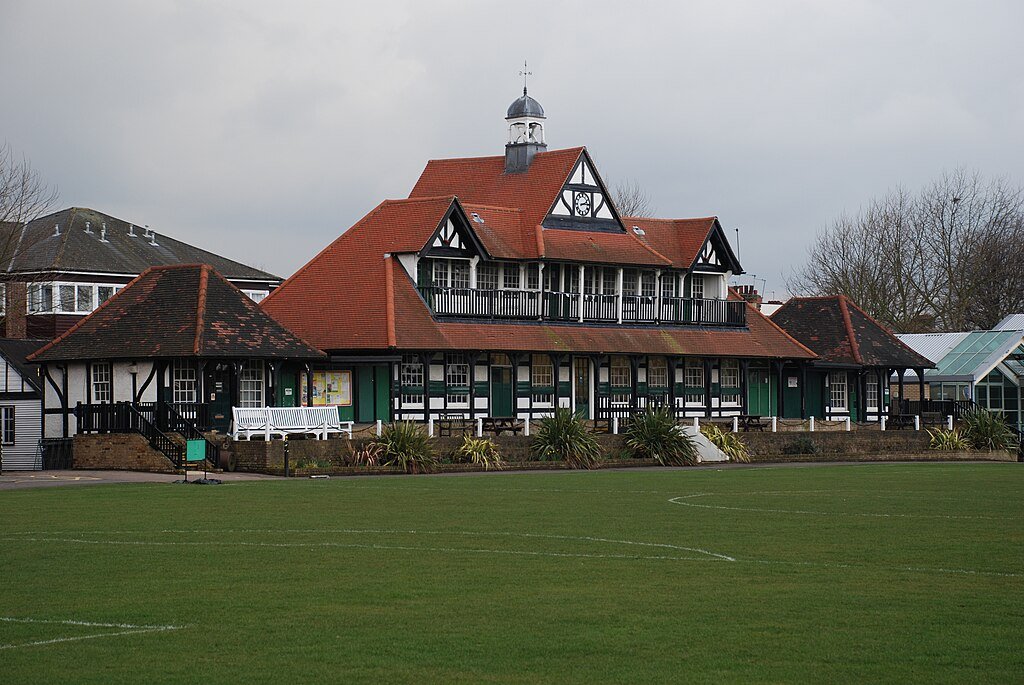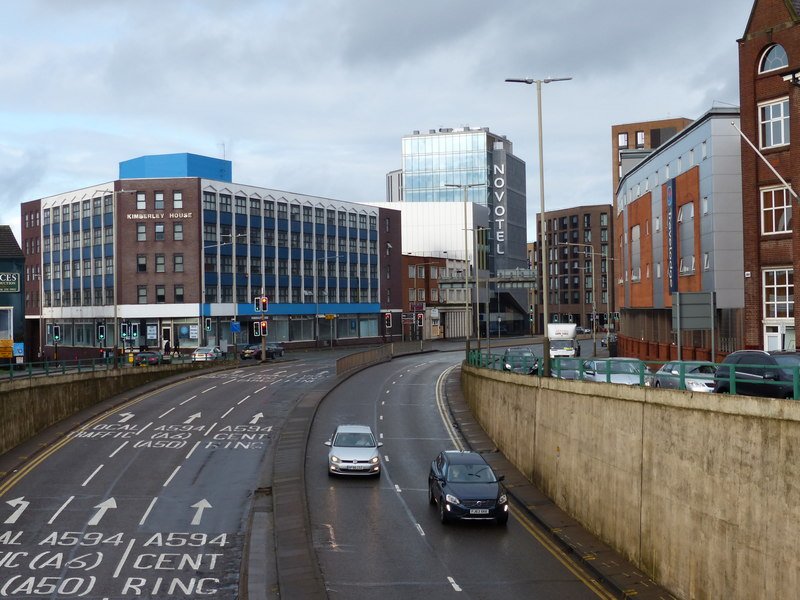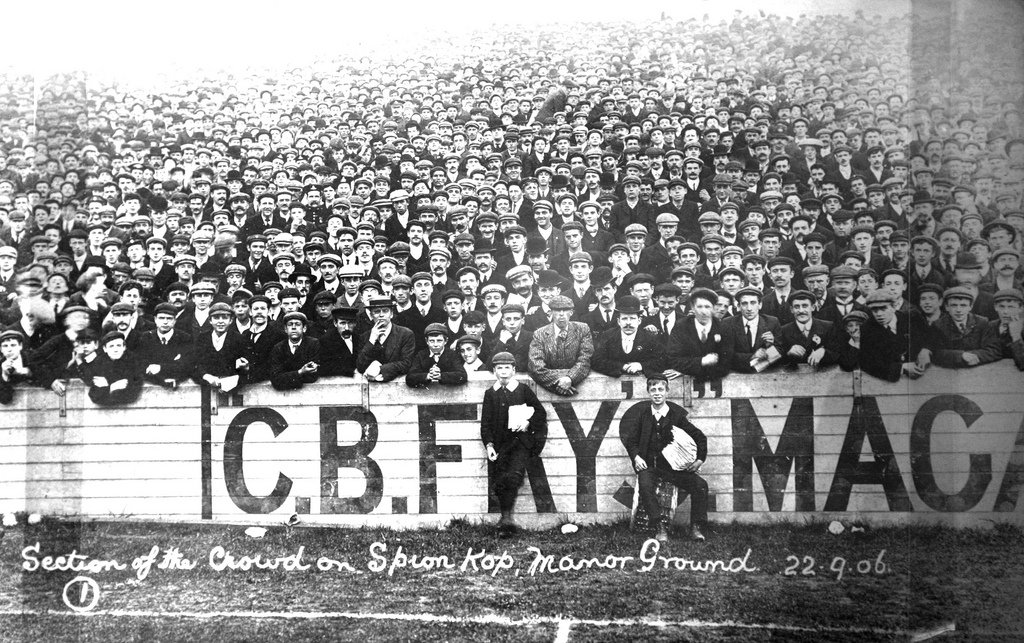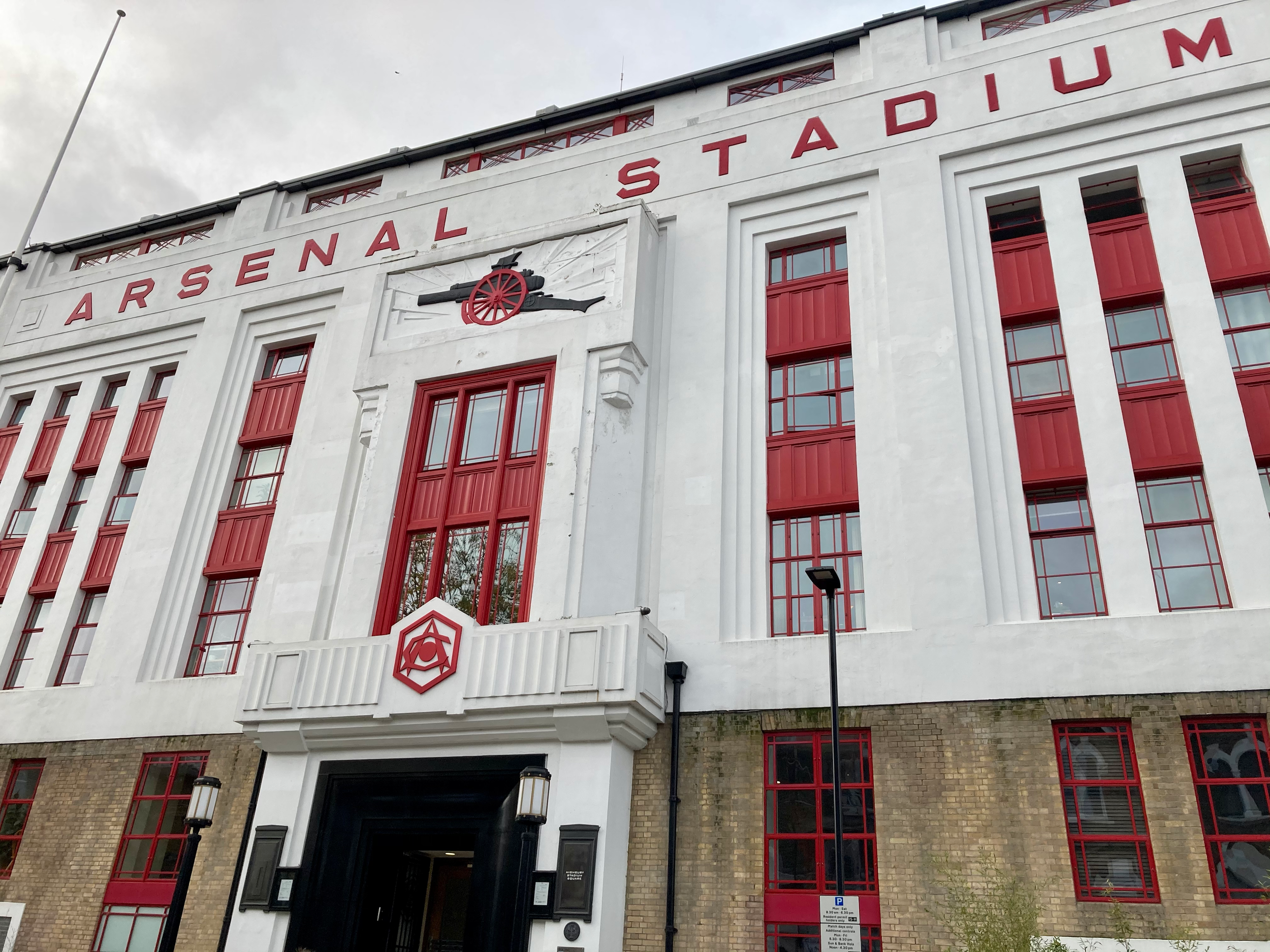Death, disorder and decampment: When Leicester Fosse won at Woolwich Arsenal
This season, we’re looking back at past away victories throughout Leicester City’s history against each of our 19 Premier League opponents this season. We’re also finding out a little bit about what life was like at the time.
The fixture list threw up three trips to London to start. After our first win at Fulham in 1914 and christening Selhurst Park with a win in 1924, this time we’re going all the way back to the 19th century when Queen Victoria was on the throne and Arsenal weren’t just Arsenal…
The team formed in 1886 by workers at the Dial Square workshop in the Royal Arsenal armaments factory in Woolwich famously played south of the river - but when Leicester Fosse first made the trip to face Woolwich Arsenal nine years later, they didn’t have to cross the Thames. Because something had taken place at Woolwich Arsenal which, if it happened today, would send shockwaves through football.
In the 19th century, Woolwich Arsenal only won 2 of the first 12 meetings with Leicester Fosse. Their usual home ground was the Manor Ground in Plumstead, constructed in 1888 and demolished upon the club’s departure in 1913.
Reading about football in those days, it’s reasonable to expect a lot of “jolly good show, old chaps”. But reading about Arsenal’s pre-war period is to stumble across endless examples of the kind of thing that stains modern football for various sections of society.
Take the Kentish Mercury edition of 1st February 1895:
“All who have the interests of football at heart must regret the disgraceful scene that took place at the Manor Grounds on Saturday at the conclusion of the match with Burton Wanderers.
The Arsenal supporters were evidently bent on giving the visitors a “hot” reception on their return to the dressing room, and it was whilst the referee was making his way through the crowd that he was brutally assaulted by a man who is supposed to be but a casual visitor to the grounds.
Powell, the Arsenal back, returned the blow, but in the melee which followed the assailant made good his escape.
The affair has formed the main topic of conversation in Woolwich and Plumstead. Of course the directors (who used every endeavour to quell the disturbance) are very despondent, because if the Association should close the ground for a period in the present state of the company’s finances it may inflict a blow upon them from which they may never recover.”
We know only too well now that Arsenal did recover from the fact the Manor Ground was closed for six weeks as a result of this episode. But during that time, they were banned from playing within a six-mile radius of their home in Plumstead. This meant when Leicester Fosse travelled to play Arsenal on 9th March 1895, they went to Leyton Cricket Ground - just north of where Leyton Orient play in east London.
Leyton Cricket Ground
Arsenal led 2-1 at half-time, and the Kentish Mercury’s report on the game praised periods of play from the visitors:
“On restarting O’Brien was becoming dangerous when Bailey deprived him. Gallacher received the ball and dashed away at top speed, and forced a corner. This was unproductive, but immediately after the Fosse were awarded a free kick close to the Arsenal goal, and Gordon made the scores equal.
For fully 20 minutes after this the Arsenal were almost entirely penned in their quarters, the Fosse playing a very fine and vigorous game. Storer saved shot after shot in clever style, but at length Skea beat him with a “daisy cutter”.
Arsenal salvaged a draw but would have been disappointed not to take advantage of an injury to the second goalscorer Gordon. This was long before substitutes were permitted, and the ten men of Fosse had to hold out for the final ten minutes.
Before the year was out, Arsenal were back at the Manor Ground and Leicester were back in the capital. The Morning Leader on Thursday 5th December 1895 carried a letter from a George Lawrance:
“Seeing a complaint in this morning’s Leader under the heading of “London football,” I beg to state, in reference to the incomplete railway accommodation, that the SER Company will, on the occasion of big matches at Plumstead, run specials.
On Saturday next for the League match Leicester Fosse v Woolwich Arsenal, special trains will leave Cannon Street at 1.5, 1.15 and 1.21 for Plumstead.”
Cannon Street railway station and hotel
George Lawrance made his money after taking over his father’s newsagents. He was nearly 40 before he developed an interest in football. It took just two years for that interest to progress from attending his first Royal Arsenal game in January 1889 to sitting in on a board meeting in May 1891.
He rapidly became a saviour at a time when there was a battle for the future of the club. In 1893, he signed the documentation to ensure Royal Arsenal were renamed Woolwich Arsenal.
He and his wife Annie, a school teacher, started to arrange trips for Arsenal fans to away games - and, as demonstrated in the letter to the Morning Leader, was clearly passionate about attracting supporters to home games too.
The club captain for the first game as Woolwich Arsenal was Joseph Powell, the player who would later confront the referee’s assailant in the match against Burton Wanderers. In November 1896, Powell suffered a broken arm in an away game at Kettering.
The following Friday, symptoms of tetanus appeared and a doctor had to administer an injection to counteract the lockjaw. On Saturday, blood poisoning set in and it was decided that Powell’s arm must be amputated. Although this was carried out, his condition worsened. Joseph Powell passed away in the early hours of Sunday morning at the age of 26.
One year later, on 23rd October 1897, Leicester Fosse returned to Plumstead. Gavin Crawford had been installed as the Arsenal captain in place of Powell.
That morning, the Leicester Advertiser was still covering the previous week’s death of Charles Vaughan, the elder brother of Canon Vaughan after whom Vaughan Way in Leicester is named - where victories have been celebrated with a crescendo of car horns under the city centre.
Vaughan Way, Leicester
The Penny Illustrated Paper reported an attendance of 7,000. It highlights mistakes made by the captain Crawford, but also states there was “no flukiness about the win, which was thoroughly well deserved as matters went.”
The Morning Leader was more damning towards the home team, then known as the Reds rather than the Gunners:
“To be defeated at home is bad, but to have caved in so completely as did the Reds can only be accounted for by the one simple fact that the men have spent their force.
That every man strove his utmost I quite believe, but it does not alter the ugly truth that for wholesale disintegration, absence of skill, weakness in attack and defence, it was the most woeful show the Reds have exhibited before their own crowd for a decade.
The poverty of their own display made the superiority of their opponents more pronounced. Smarter on the ball, cleverer in its control, individually and collectively, the Fosse were everywhere and alway the better side, and had their shooting been as true as it was strong ought to have won by half a dozen clear goals.
Leicester played a pretty combined game, and put a lot of dash into their work. They played a scrupulously fair game, and richly deserved the two points, for on the day’s play they were infinitely the smarter, cleverer, and better team, forward or half, and especially at back, where the old Wolf, Swift, was in his element.”
King’s goal, Leicester’s third, was described as “a real Clinker”.
The result left Arsenal 5th and Leicester 10th (albeit with 3 games in hand on Arsenal) in a league of 16.
Manor Ground, Plumstead in September 1906
The two teams’ final meeting of the 19th century took place on 2nd September 1899 and expectations were high. The Evening News in London reported:
“The Reds enter upon the season with rosier prospects than for several seasons past… They are the most athletic lot seen at Plumstead, possessing plenty of dash and science, and, what has been a missing factor in previous teams, plenty of weight.
To Mr G.H. Leavey, chairman of the company, belongs principally the credit of obtaining such a galaxy of talent.”
George Leavey was another pivotal figure that ensured Arsenal’s future success.
One of the most interesting aspects of his influence on the club was his stance on alcohol. At a pre-season dinner for players just a few weeks prior to Leicester Fosse’s visit in September 1899, he said:
“Woolwich is a place fraught with much mischief to young men. Half past twelve closing may be good in its way, but it is unquestionably bad for football.
Don’t let people stand you drinks. They will do you and the club the greatest evil that can be done. No man with a skinful of whisky can play football.”
The attendance at the Manor Ground for the game with Leicester Fosse was 10,000 and their emotions were the subject of the Morning Leader’s attentions:
“I have witnessed many disappointed and dejected crowds leave the Manor Field, but a more miserable, wretched looking lot than retired after the 2-0 defeat by Leicester Fosse I never saw, and judging from the angry expletives flying about it was exasperation rather than enthusiasm prevailed in the district.
There can be no denying Fosse fully deserved the victory, their combination and shooting being infinitely superior, but it could scarcely escape the notice of any observant eye that individually the losers were the cleverer side, and when knit together bids fair to become a far more powerful combination and to stand higher on the ladder than their conquerors.”
The language used in the report is enjoyable: “Thirty minutes of fairly equal exchanges - very pretty to watch - were indulged in before blood was drawn.”
Rab King’s opening goal is described as a “low teaser”, while “for twenty minutes after resumption the Fosse only left their own half twice, and goals during that time ought to have been freely scored against them, but shots went high; wide and soft, and, in fact, the finishing strokes were as useless and clumsy as could be.”
The scorer of the second goal was variously reported as either Tommy Brown or Tom Bradshaw, the former seemingly more likely.
As the final months of the 19th century ticked down, it would have seemed improbable that Leicester’s first away win of the 20th century at Arsenal would not happen until 1961.
In 1903, Arsenal beat Leicester 8-0. Ten years on, Leicester Fosse were the first visitors to Arsenal’s new home at Highbury - and the first scorers too. But the two goals Arsenal subsequently scored to win the game were representative of what would follow. Between 1928 and 1960, for instance, Leicester won only one of the 27 games between the two sides.
East Stand, Highbury
The eventual win on 25th February 1961 may not have been worth such an arduous wait, but it was no fluke as a Leicester team competing on two fronts impressed in north London. Gordon Banks restricted Arsenal’s tally to one, while Ken Keyworth’s double and a Colin Appleton strike secured the points.
The London Weekly Dispatch gave a glowing assessment:
“Count Leicester a good bet for a Wembley place. The commanding manner in which they crushed all the life out of Arsenal by flowing football on a pitch resembling a paddy field left no doubt about their merit. It was more than a victory, it was an achievement.”
When Jamie Vardy turned home Cengiz Under’s cross in front of an empty stadium in October 2020, it was not only Leicester’s first win at the Emirates but a first away win over Arsenal since 1973.
These long barren spells are in sharp contrast to those early days when a trip to face Arsenal was slightly longer - and far less daunting.






